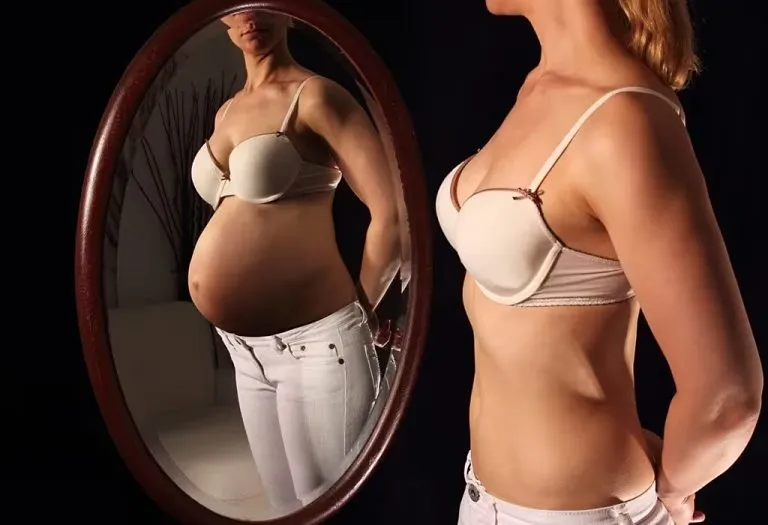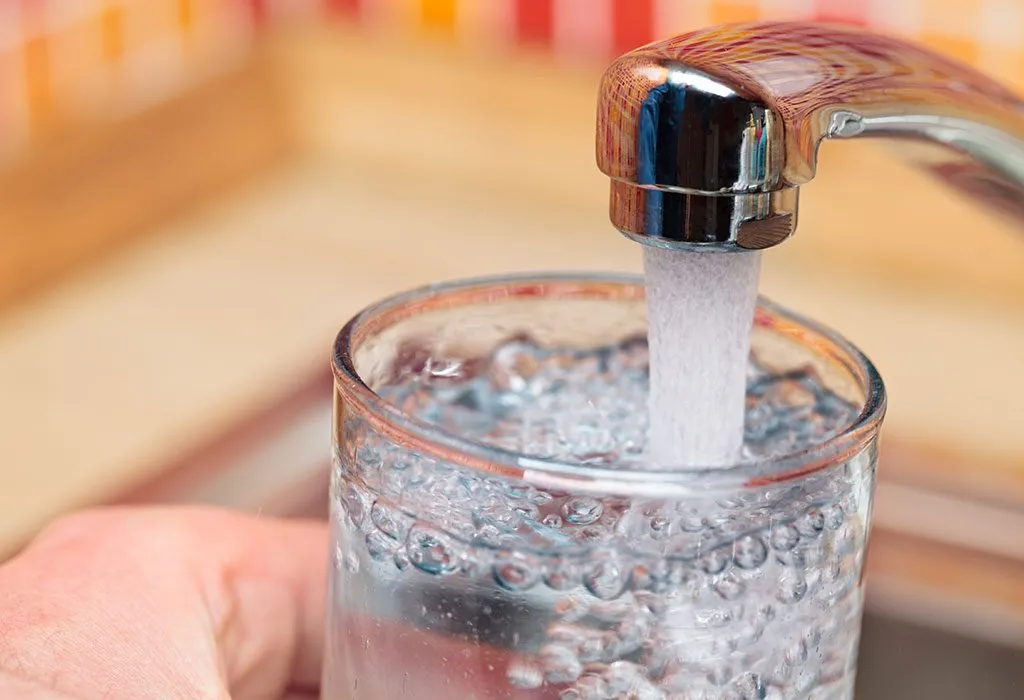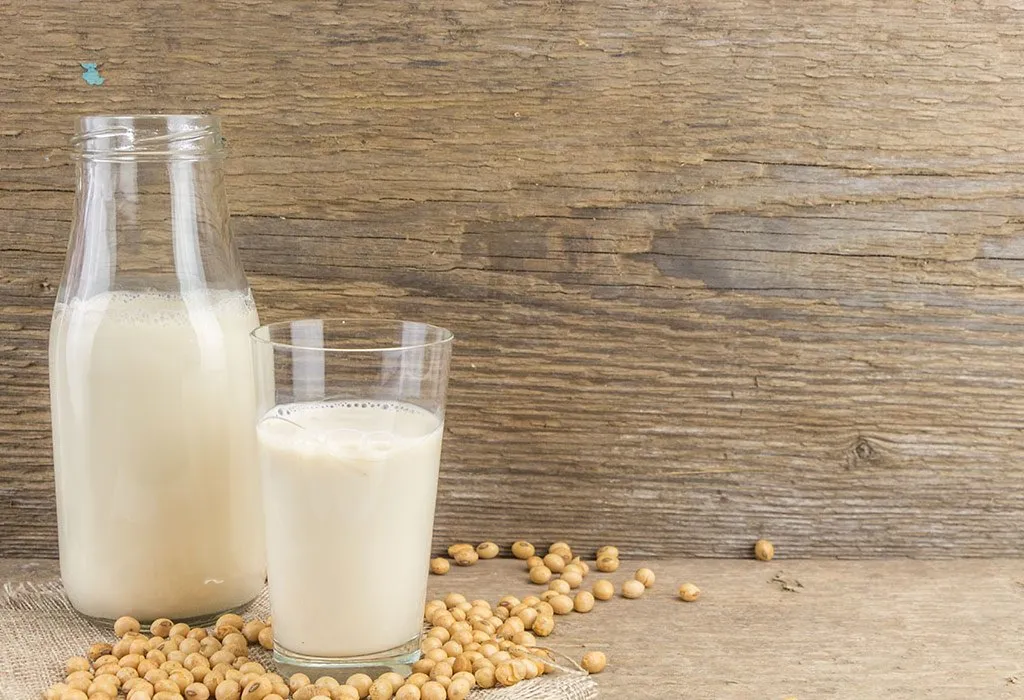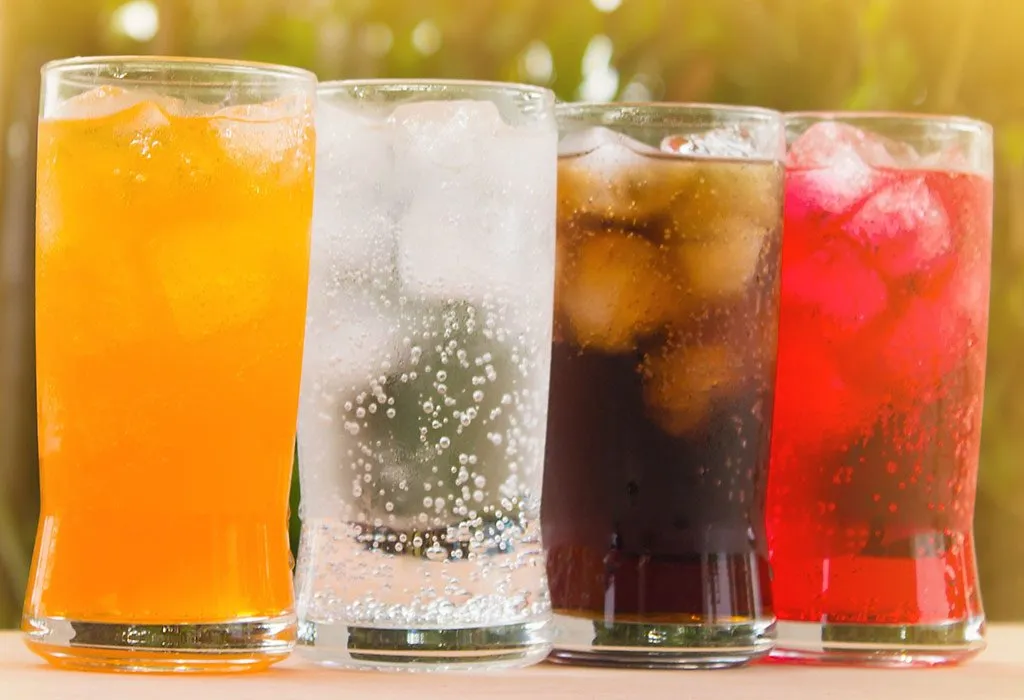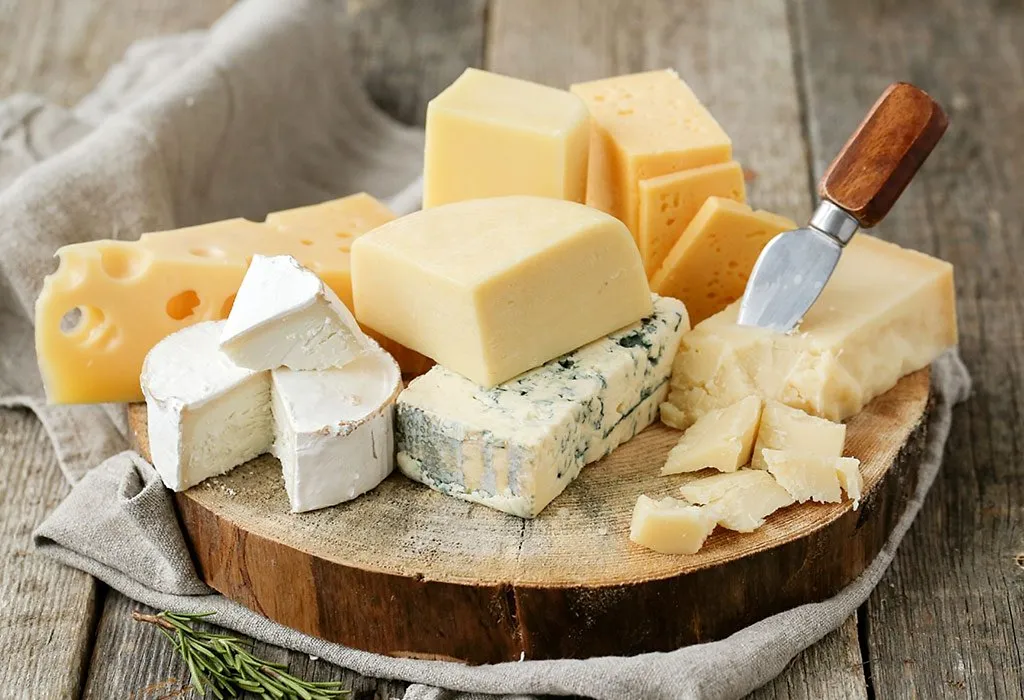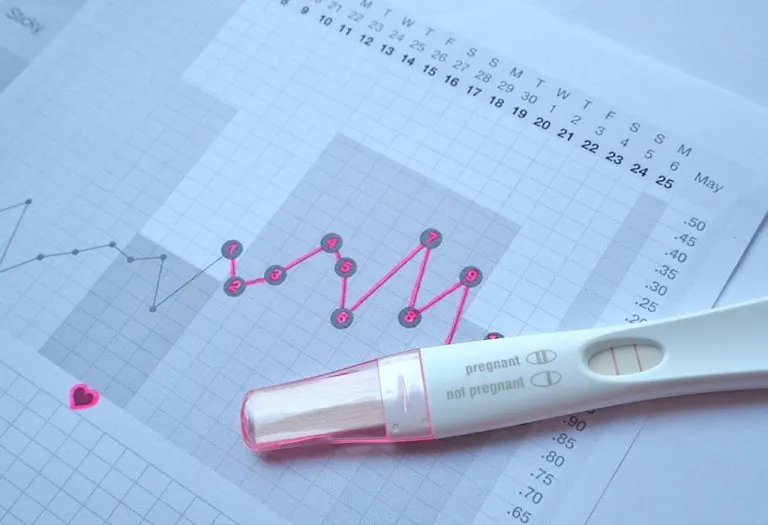12 Foods to Avoid When Trying to Conceive
Most couples, at some point in their married life, wish to have a baby. But, not all couples can to conceive at the first go. They try several medical and non-medical options available, including consuming a healthy diet to increase fertility. Several studies and research programmes have proved that women do not consume nutritious food, especially those that increase their chances of conception. There are also instances when women are totally unaware of the foods they should avoid when trying to get pregnant. In this article, we shall discuss some foods that can affect women’s fertility negatively and lead to failed/ delayed conception.
Why Diet Is Important While Trying to Conceive
Eating a nutritious diet is crucial for both men and women aiming to conceive. Several important reasons highlight the significance of a healthy diet for fertility:
- Ensuring adequate nutrient intake supports optimal bodily function, including essential nutrients like folic acid, critical in preventing birth defects and reducing the risk of ovulatory infertility.
- Maintaining a healthy weight is vital for fertility, as being either overweight or underweight can disrupt hormonal balance, making conception challenging. A balanced diet can help one attain and sustain a healthy weight.
- A nutritious diet can help mitigate stress levels, which can adversely affect fertility. High-stress levels may disrupt ovulation in women and decrease sperm quality and count in men.
- It can assist in managing insulin resistance, which is particularly relevant for women with conditions like PCOS. Controlling blood sugar levels helps regulate menstrual cycles and ovulation, reducing the risk of long-term health issues like diabetes.
- Dietary choices influence vaginal pH levels, which can impact sperm survival and their ability to reach the egg. Consuming foods that support vaginal health helps maintain an optimal pH balance.
Foods You Should Avoid When Trying to Get Pregnant
It is important to know the right proportion of nutrients and dietary schedule to be followed for good health. Therefore, it is also necessary to know the food items you must avoid while you are attempting to conceive. Here are some of the foods you must stay away from if you plan to have a baby.
1. Foods With Trans Fats
This tops the list of foods to avoid when trying to get pregnant. Yes. Say goodbye to baked products like cakes, pastries, biscuits, chips, fast food, candies, etc., if you really want to get pregnant. Research has shown that foods with trans fat are directly linked to infertility in women. The link is so strong that a mere 2% additional intake of trans fat daily can impact fertility by up to 75%. Not only do these food items increase cholesterol levels in the body, but they also ramp up body weight and obstruct the production of insulin, disturbing the body’s complete biochemistry.
2. Direct Unfiltered Water
You may have a direct supply of pure drinking water, and you might not have faced any health problems lately. But, water does contain a number of chemicals that are used to treat it and make it fit for drinking, or possibly even some trace microbes. Drinking such water or any water for that matter in large quantities can take away numerous salts from your body. It is best to stick to filtered or boiled water at this time at the least.
3. Foods With High Sugar or Carbs
To live a healthy diet, you must limit your consumption of foods with high sugar and carbs, but when you are trying to conceive, you must avoid these foods, especially when you are trying to get pregnant with PCOS. The refined sugar and carbohydrates present in such food items are exposed to the process that removes several key nutrients that are vital in boosting fertility. Also, a lot of sugar and carbs will spike up the insulin levels in your body, and affect the ovaries, thus reducing your chances of conceiving. In women with PCOS, foods with high sugar and carbs could result in decreased insulin sensitivity and hormonal imbalance.
4. Soy-Based Foods
Soy has its health benefits, no doubt. But, there has been a long-standing belief that women who are attempting to get pregnant should keep away from soy. There are certain compounds present in it that function the same way estrogen functions in a woman’s body.
5. Aerated Beverages
When trying to conceive, you must also stay away from aerated alcoholic and high-sugar drinks. Such drinks have high levels of preservatives, fructose and artificial flavouring which don’t do any good for the human body. They end up being toxic for your body to process in large quantities, leaving no space for actual nutrition to synthesise.
6. Certain Raw Foods
Vegetables and fruits are supposed to be your best friends and blind supporters in nutrition. Which is why it may come as a surprise for many women when certain vegetables and fruits are to be avoided in their raw form, especially when they are trying to conceive. These are most of the raw sprouts like moong, radish, etc. that may carry bacteria and could affect your health. Eating fresh, well-cooked organic foods is any day a better idea to increase your chances of conception.
7. Peas
Believe it or not! You must avoid eating peas if you want to conceive. A study has revealed that women who consume peas regularly have a lower rate of conception. This is because peas, like soybeans, contain certain chemicals that can obstruct the sperm from fertilising an egg and tend to act as a natural contraceptive.
8. High-mercury Fish
Low-mercury or no-mercury fish are immensely nutritious and recommended during pregnancy. You need to follow the same rule when you are trying to conceive. With water pollution on an all-time high, several kinds of fish have been detected to have high levels of mercury, which is harmful to your body. You may, however, limit your consumption of fish and stick to specific varieties like salmon, cod or shrimp to reap the benefits they provide.
9. Raw or Undercooked Eggs
Properly boiled eggs are usually not a problem. But, if the egg has not been cooked properly or is consumed raw, you open your body to the chance of being infected with the salmonella virus that can directly affect the chance of letting your pregnancy continue. Also, most eggs contain antibiotics that are injected into animals. Therefore, either avoid eating eggs or stick to organic eggs temporarily.
10. Unpasteurized or Mold-ripened Cheeses
Don’t worry; it is not necessary to completely stay away from this delicious food item. Avoid the kind of cheese made from unpasteurized milk, or that is ripened with mould. All of these have chances of bacteria being present in them. If you still opt for those, make sure you cook them well before eating them.
11. Alcohol
Alcoholic beverages should be avoided when trying to conceive. Alcohol consumption can impair fertility in both men and women and may harm fetal development if conception occurs.
12. Processed Meats
Processed meats such as sausages, hot dogs, and deli meats. These meats often contain additives, preservatives, and high levels of salt, which may negatively impact fertility and overall health.
Sometimes, it can be difficult to avoid food temptations or give up on that one favourite dish you always enjoyed. When you start getting these thoughts and find it almost impossible to skip those cheese fries, remember that there are healthier foods you can fill your stomach with. You may check with your nutritionist or medical practitioner to get a list of foods suitable for you to eat. However, here are a few things you can do to stay away from unhealthy foods and cravings.
Tips to Stay Away From Unhealthy Foods When Trying to Conceive
- Stay Hydrated – Drinking plenty of water will not just keep you hydrated but also cut down on the craving to have an unhealthy drink.
- Plan Your Meals – Planning your meals will help you stick to the diet and the schedule. Try to be a strict boss to yourself and avoid cheat days.
- Rest Well – One of the major factors that contribute to unhealthy food cravings is stress. Ensure you rest well to calm your mind and rejuvenate your body.
- Keep Busy – When you are not supposed to eat anything, ensure you keep yourself busy. When you keep your mind occupied, you won’t have many food cravings.
FAQs
1. Can I eat fermented foods when trying to conceive?
Fermented foods like kimchi, sauerkraut, and kombucha contain beneficial probiotics. However, some fermented foods may have high levels of histamine, which could affect fertility in sensitive individuals. Moderation and monitoring of symptoms are recommended.
2. Are canned foods safe to consume?
Canned foods may contain BPA (bisphenol A), a chemical used in the lining of cans, which has been linked to reproductive health issues. Opting for fresh or frozen foods over canned varieties can help reduce exposure to BPA and other potential contaminants.
3. Are microwavable meals safe?
Microwavable meals often contain high levels of sodium, preservatives, and additives. These additives may negatively impact reproductive health and overall fertility. Opting for freshly prepared meals with whole ingredients is recommended.
4. Is it safe to consume GMO foods?
Genetically modified organisms (GMOs) have been a topic of concern regarding their potential effects on health and fertility. While extensive research is ongoing, opting for non-GMO or organic foods may be considered by some individuals trying to conceive.
So, this was a comprehensive list of foods to stay away from when trying to conceive. Getting pregnant is not as easy as it seems. There’s more to it than just intercourse, and the body needs to be capable of supporting the child, too. Knowing the foods to avoid for boosting fertility can increase your chances of getting pregnant.
References/Resources:
1. Mikkelsen. E, Riis. A, Wise. L, Hatch. E, Rothman. K, et. al.; Alcohol consumption and fecundability: prospective Danish cohort study; The BMJ; https://www.bmj.com/content/354/bmj.i4262; August 2016
2. Sharma. R, Harlev. A, Agarwal. A, Esteves. S; Cigarette Smoking and Semen Quality: A New Meta-analysis Examining the Effect of the 2010 World Health Organization Laboratory Methods for the Examination of Human Semen (European Urology); Science Direct; https://www.sciencedirect.com/science/article/abs/pii/S0302283816300690; October 2016
3. Female fertility: Why lifestyle choices count; Mayo Clinic; https://www.mayoclinic.org/healthy-lifestyle/getting-pregnant/in-depth/female-fertility/art-20045887
4. Bu. F, Feng. X, Yang. X, Ren. J, Cao. H; Relationship between caffeine intake and infertility: a systematic review of controlled clinical studies; BMC Women’s Health; https://bmcwomenshealth.biomedcentral.com/articles/10.1186/s12905-020-00973-z; June 2020
5. Grieger. J, Grzeskowiak. L, Bianco-Miotto. T, et. al.; Pre-pregnancy fast food and fruit intake is associated with time to pregnancy (Human Reproduction); Oxford Academic; https://academic.oup.com/humrep/article/33/6/1063/4989162; May 2018
6. Jain. M, Singh. M; Environmental Toxins and Infertility; National Library of Medicine; https://www.ncbi.nlm.nih.gov/books/NBK576379/
7. Vitale. S, La Rosa. V, Petrosino. B, et. al.; The Impact of Lifestyle, Diet, and Psychological Stress on Female Fertility; Oman Medical Journal; https://omjournal.org/articleDetails.aspx?coType=1&aId=2049
Also Read:
How to Conceive Baby Fast & Easily?
Best Sex Positions To Get Pregnant Faster
Best Foods to Improve Female Egg Quality
Best Fertility Foods to Eat When Trying to Conceive
Fertility Herbs to Improve Your Chances of Conceiving
Was This Article Helpful?
Parenting is a huge responsibility, for you as a caregiver, but also for us as a parenting content platform. We understand that and take our responsibility of creating credible content seriously. FirstCry Parenting articles are written and published only after extensive research using factually sound references to deliver quality content that is accurate, validated by experts, and completely reliable. To understand how we go about creating content that is credible, read our editorial policy here.





